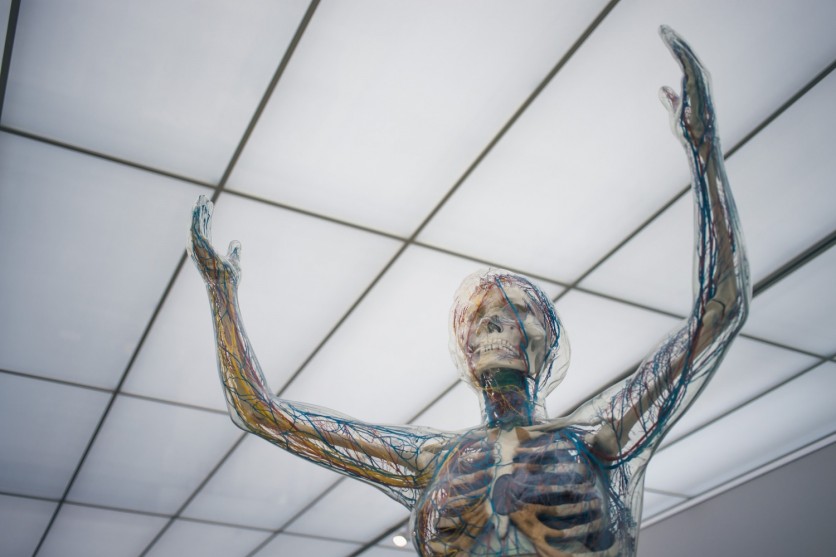
Brain-Computer Interface (BCI) technology company g.tec medical engineering has announced that it is searching for partners that will help it bring its innovative recoveriX treatment to more areas worldwide and make it easier to access for people living with stroke and multiple sclerosis.
Both stroke and multiple sclerosis are classified as neurological disorders, which are affecting a growing number of people worldwide, severely degrading their movement capabilities and quality of life. The number of people that are expected to suffer from stroke is 50% higher than 17 years ago, making it the most common cause of disability worldwide. Meanwhile, multiple sclerosis, which causes vision problems, limb weakness, speech defects, and balance issues in patients, is affecting close to 3 million people worldwide.
Research started by g.tec in 2014, later releasing recoveriX to the public, the system uses brain-computer interface technology to electrically stimulate patients' limbs, helping them regain function after being impaired by neurological conditions. The patient wears a 16-channel EEG headset that reads their brainwaves and they sit in front of a personal computer. The monitor displays the patient's hands in a first-person perspective or feet in a mirror perspective, and the electrodes connected to their limbs provide electrical stimulation to muscles, causing dorsiflexion of the joints. Repeated use of recoveriX has been shown to help patients recover the use of their limbs.
The recoveriX technology is already available in more than a dozen countries in multiple continents, and g.tec is in need of franchise partners to further expand its reach and help more people. According to g.tec co-founder and CEO, Dr. Christoph Guger, the company already has existing business engagements in European countries such as Germany, Switzerland, Austria, Slovenia, Croatia, and Portugal. It is looking to gain new partners in countries such as Spain, France, and the UK, due to their large population.
g.tec has a geographic franchise model, allowing franchisees control over a specific area to ensure that there are enough patients. For example, in Slovenia, a country with only 2 million people, g.tec works with a single franchise partner, who intends to open five recoveriX centers across the country. Once all completed, a patient will no longer need to drive for longer than half an hour to reach a recoveriX center. Guger says g.tec aims to replicate this in other countries, so larger countries such as Germany, which has more than 80 million people, needs around 100 centers, so it makes sense to have more franchisees to more quickly cover the entire market. In the US, g.tec aims to have at least one franchisee per state.
Franchisees do not need much equipment to set up a recoveriX center, only a table to place the computer on and a room of sufficient space. Additionally, recoveriX allows a single therapist to treat up to three people at the same time on three different systems, making it more efficient.
Once a franchise agreement has been signed, the franchisees can send their therapists to one of g.tec's flagship centers, where they will undergo training for three days. After they learn how to operate recoveriX, they will treat eight patients before receiving their certification as a recoveriX operator. If the franchisee is running multiple centers, their personnel can also receive training to become a trainer for other therapists. g.tec will also supply the physical and online marketing materials for the franchisees.
g.tec estimates that it takes only a couple of weeks to initially set up a recoveriX Center. However for a franchise to set up the entirety of a country or state it would take around three years. The first year is for setting up the initial infrastructure and to gain experience while treating the first patients, the second and third year will see rapid expansion to cover their entire region.
Aside from the minimal equipment and financial investment, g.tec also charges its franchise fee on a per-treatment basis, creating a lower-risk structure for franchisees. According to Guger, this is extremely beneficial for franchisees at the start, since there might be enough patients. However, once the patients start seeing the effects of recoveriX and tell other people about it, the centers will see a larger influx of patients. Furthermore, once recoveriX receives certification for other neurologic conditions, such as Parkinson's and chronic pain, then existing centers will be able to treat those patients, as well.
ⓒ 2026 TECHTIMES.com All rights reserved. Do not reproduce without permission.




